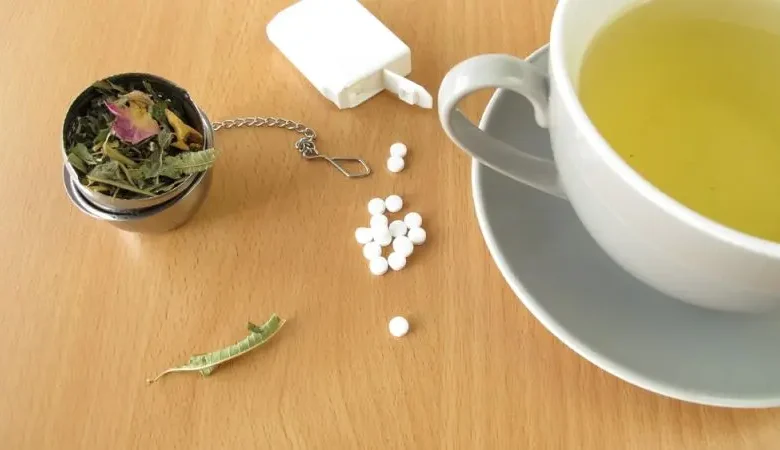Alternative sweeteners increase the likelihood of developing cancer

In recent years, there has been growing concern regarding the potential health effects of alternative sweeteners, particularly their association with an increased risk of cancer.
While these sugar substitutes are marketed as healthier alternatives to traditional sugar, emerging research suggests that their consumption may have unintended consequences on human health, including an elevated risk of developing cancer.
Alternative sweeteners, also known as non-nutritive sweeteners or artificial sweeteners, are synthetic substances used to sweeten foods and beverages without adding significant calories.
Some commonly used alternative sweeteners include aspartame, saccharin, sucralose, and stevia.
These sweeteners are found in a wide range of products, including diet sodas, sugar-free snacks, and low-calorie desserts.

While the U.S. Food and Drug Administration (FDA) has approved several alternative sweeteners for use in food and beverages, concerns about their safety persist, particularly regarding their potential carcinogenic effects.
Research studies conducted on animals have raised alarms about the association between certain artificial sweeteners and an increased risk of cancer, including bladder cancer, leukemia, and lymphoma.
However, Russian physician Alexander Myasnikov warns against this perception, shedding light on the potential misconceptions surrounding sugar substitutes.
Despite the common belief that sugar substitutes offer a healthier choice, Myasnikov highlights that this may not be the reality.
Reports from Russian media indicate that while sugar substitutes may boast fewer calories, they can lead to insulin resistance, a condition that significantly influences the development of diabetes. This revelation challenges the notion that sugar substitutes are inherently better for health.
Moreover, the stance of the World Health Organization against sugar substitutes due to their association with cancer further underscores the potential risks associated with their consumption.
Myasnikov echoes this concern, emphasizing the importance of heeding official warnings against the use of sugar substitutes, including those derived from plants.
The fast-paced nature of modern life contributes to a reliance on convenient, pre-packaged foods, many of which contain artificial sweeteners.
Myasnikov’s observation that commonly consumed items like chewing gum, sweets, pastries, and baked goods often contain sugar substitutes highlights the pervasive nature of these additives in the food industry.
Additionally, the widespread use of fast carbohydrates in processed foods further exacerbates health concerns, directly contributing to insulin resistance and the prevalence of diabetes.
This interconnected web of dietary habits and their health implications underscores the need for greater awareness and informed decision-making regarding sugar consumption and the use of substitutes.










